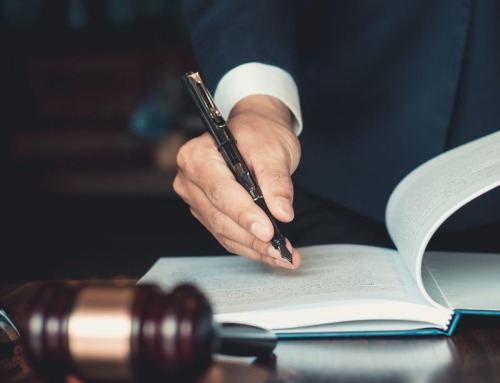Have you been stopped and searched by a police officer? It can be confronting to experience a stop and search, so it’s important to know what your rights are in any situation and when it is and isn’t reasonable that you be subjected to a stop and search.
We have compiled the most frequently asked questions to ensure you know your rights when being subject to a stop and search.
When can an officer stop and search me?
Police officers have the legislated ability to stop, search, and detain a person, or anything in their possession without a warrant where the officer suspects on reasonable grounds that the person has any of the following in their possession:
- Anything stolen or illegally obtained,
- Anything that was used or intended to be used in the process of a crime, and/or;
- A prohibited plant or drug.
When can police seize and detain something found in my possession?
Where a search has been carried out, and the officer has reason to believe something in your possession has been stolen, or otherwise illegally obtained, the officer has the right to seize and detain the item.
Further, an officer has the right to seize and detain any item which the police officer reasonably suspects to have been used in the process of an offence or may provide evidence to the commission of a crime.
If a police officer, in the act of lawfully searching your person finds any prohibited plant or drug or a dangerous article this may be lawfully seized and detained. This includes but is not limited to firearms, ammunition, spare firearm barrels, prohibited weapons or a detonator.
Do officers have the power to touch you to search you?
Police officers are permitted to touch a person in order to complete this search including moving or shaking a person’s hair, and requiring the person to open their mouth. The Law Enforcement (Powers and Responsibilities) Act of 2002, clearly outlines the boundaries to this touch, stating that by no means does the legislation authorise the officer to forcibly open the accused’s mouth.
What about if you are arrested?
You must comply with searches once you are arrested. Police officers have the power to search any person at the time of or after their arrest if they have reasonable suspicion that the accused is carrying something:
- that would present danger;
- that could be used to escape custody;
- that is evidence of a crime that has been committed;
- that was used, or intended to be used, in connection with the commission of a crime.
If you or someone you know is facing criminal charges or believe you have been wrongly stopped and searched you can seek advice from our experienced Criminal Law team by contacting us on (02) 9525 8688.






